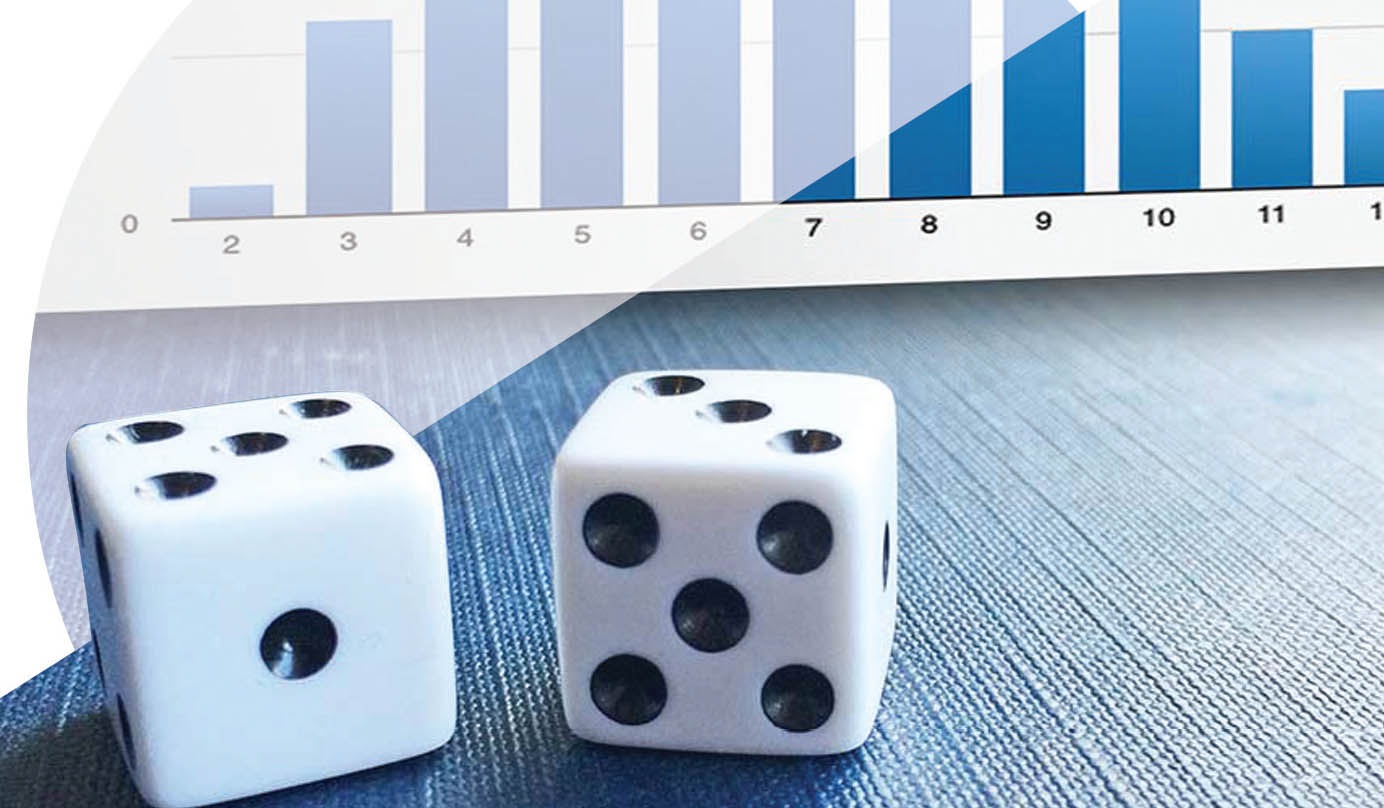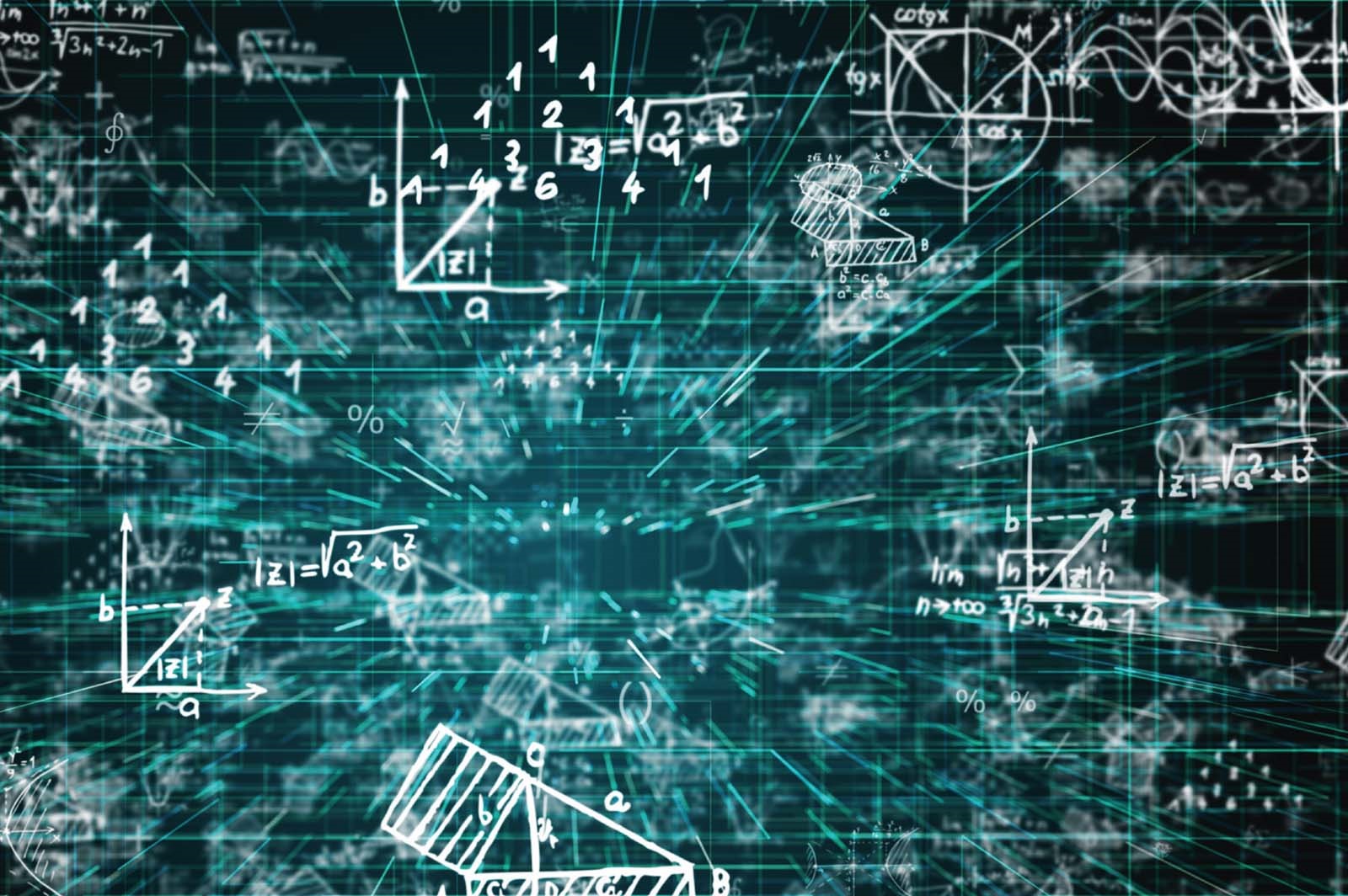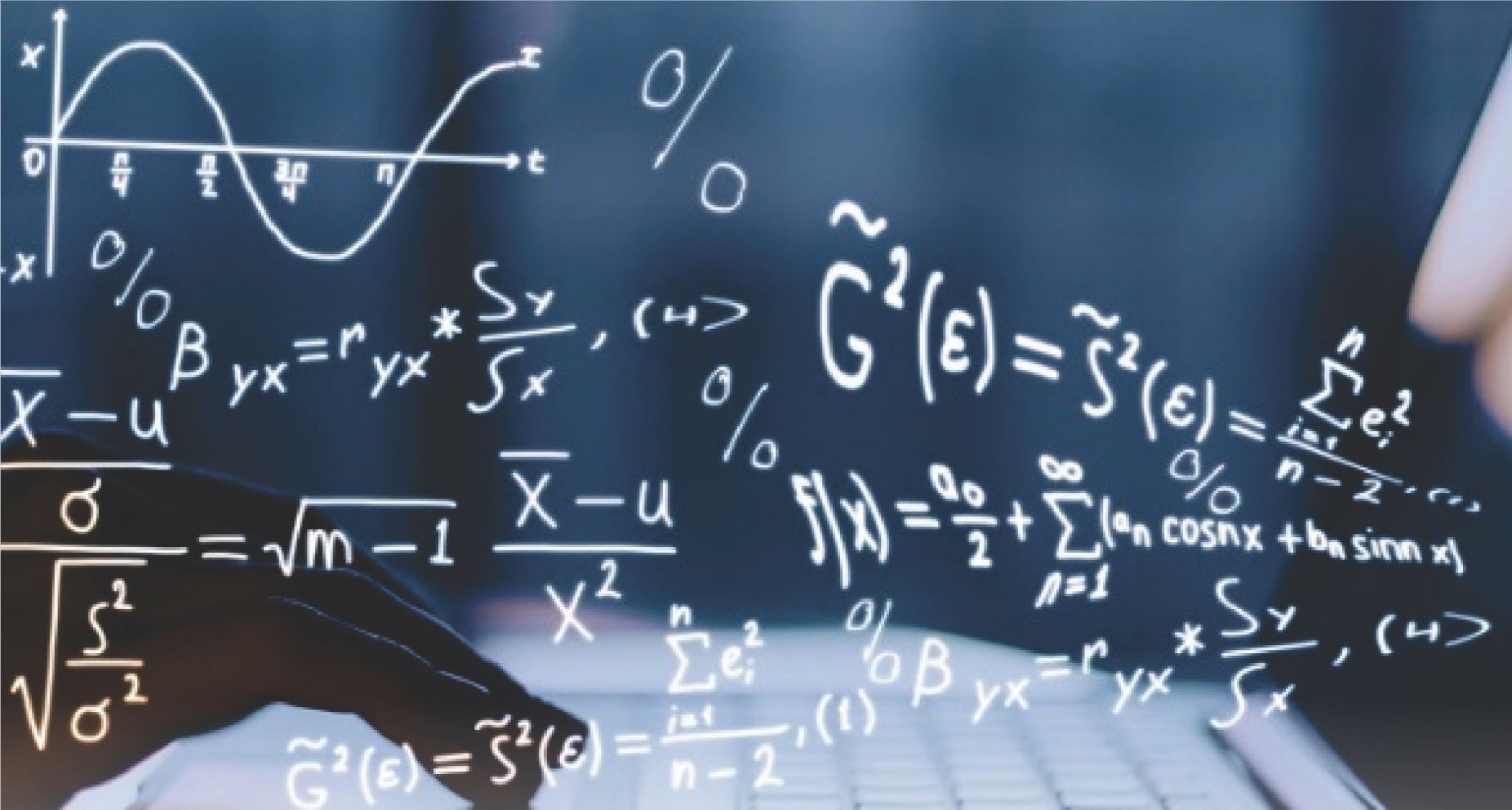This course provides an introduction to probability theory, random variables and the rudimentary principles and practice in applied statistics. The goal is to expose students to analytical and numerical tools, including a statistical software application to design experiments to effectively and efficiently solve real-world engineering problems. Students will explore the application of statistical procedures to describe real sets of data, what statistical tests mean in terms of practical application, how to evaluate the validity of the assumptions behind statistical tests, and what to do when statistical assumptions have been violated. The course provides thorough explanations and insightful examples that equips the student with a firm foundation in statistical concepts, as well as the tools to apply them to practical problems facing the world.

- Lecturer: Ramone Jackson
The first of a series of four Mathematics courses that are deemed compulsory for all students in the Faculty of Engineering. This is a level I course which focuses on the basics of linear algebra, analytic geometry and revises fundamental concepts of complex numbers/theory.

- Lecturer: Jordan Spence
The second of a series of four Mathematics courses that are deemed compulsory for all students in the Faculty of Engineering. This is a level I course which focuses on the extension of the students basic
knowledge of calculus. Thus, this course will dive further into limits and continuity, differentiation and integration as it, along with ENGM1180, provides the foundation for ENGM2180, as well as other courses throughout their programme.

- Lecturer: Ramone Jackson
Vectors: plane and space vectors, dot and cross product, vector equations of lines and planes. Elementary linear algebra: geometric interpretation of linear equations, Gaussian elimination, definition of a vector space, span and subspace, basis, dimension. Matrices: transpose, determinants, rank and its application to linear systems, matrix inversion by cofactors. Series: partial sums, comparison and ratio tests, Maclaurin and Taylor series. Complex numbers: definition and properties, complex roots of a quadratic equation, complex numbers as vectors, modulus and argument, products and quotients, De Moivre’s theorem, exponential form, hyperbolic functions, loci in the Argand diagram. Ordinary differential equations: definitions, direction fields, linear first order differential equations, separable differential equations, modeling with first order equations, exact equations, numerical approximations, homogeneous second order equations with constant coefficients, fundamental solutions, complex and repeated roots of the characteristic equation, reduction of order, method of undetermined coefficients.

- Lecturer: Jordan Spence
This course will introduce students to the topics of differential and integral calculus. Emphasis is placed on concepts of limits and continuity, differentiation and integration and their applications to solving problems. Concepts in probability and statistics will be explored. The theoretical concepts will be supported by practical engineering examples and applications.

- Lecturer: Ramone Jackson
Vector calculus: parametric curves and arc length, review of partial differentiation, vector fields, line integrals and double integrals, Greens theorem, surface integrals, triple integrals and Divergence theorem. Laplace transforms: definition and existence of Laplace transforms, properties of Laplace transforms (linearity, inverse transform, shift formulae, Laplace transform of derivatives), applications and further properties of Laplace transforms (solving differential equations, convolution and integral equations, Diracs delta function, differentiation of transforms, Gamma function). Fourier series: definitions, convergence, even and odd functions, half range expansions. Partial differential equations: definitions, heat equation (derivation, solution by separation of variables, insulated ends as boundary conditions, nonhomogeneous boundary conditions), wave equation (derivation, solution by separation of variables), Laplaces equation in Cartesian and polar coordinates.

- Lecturer: Ramone Jackson
